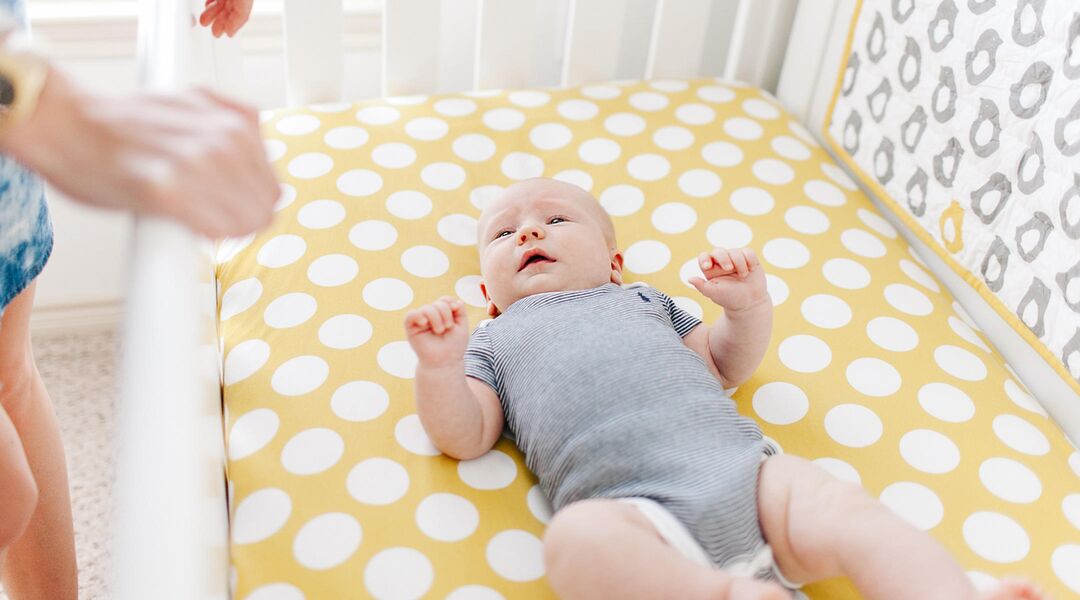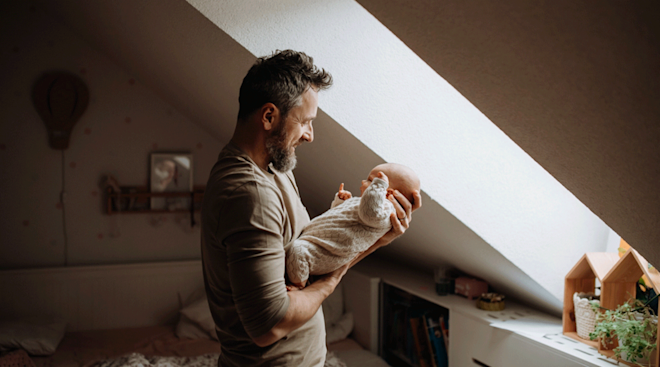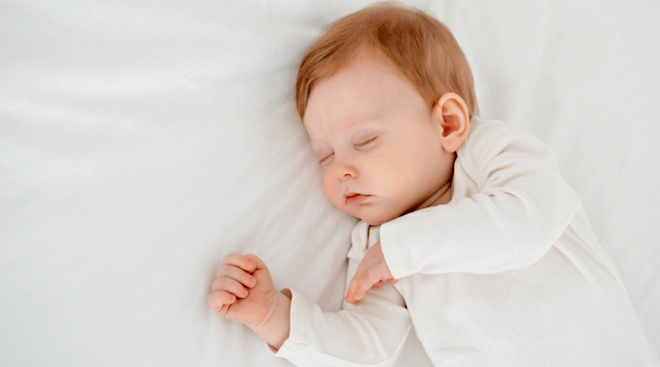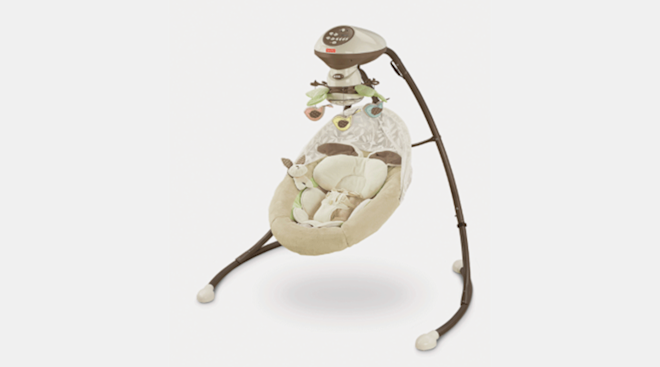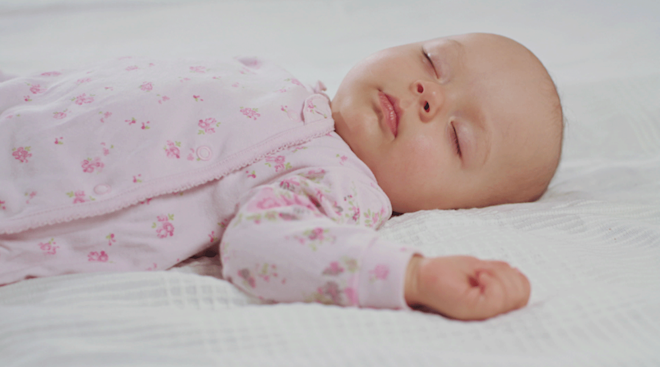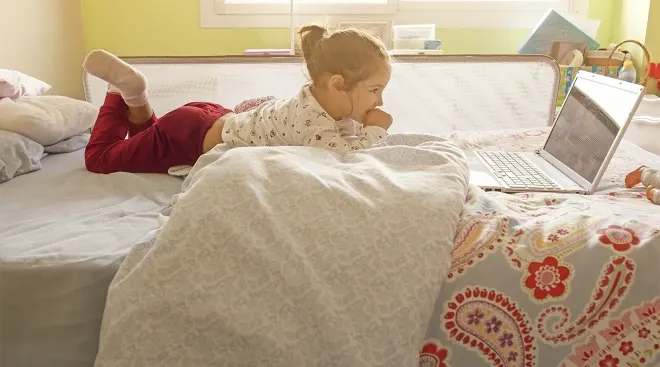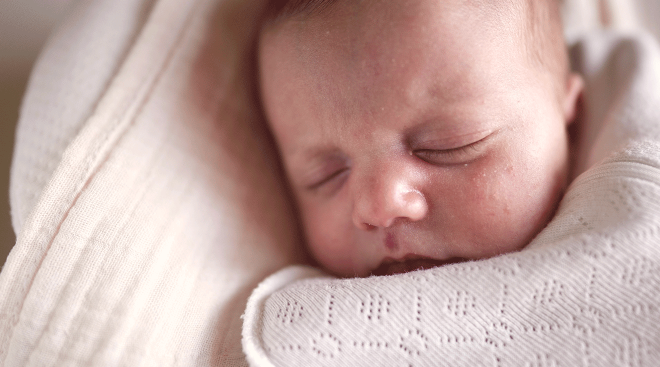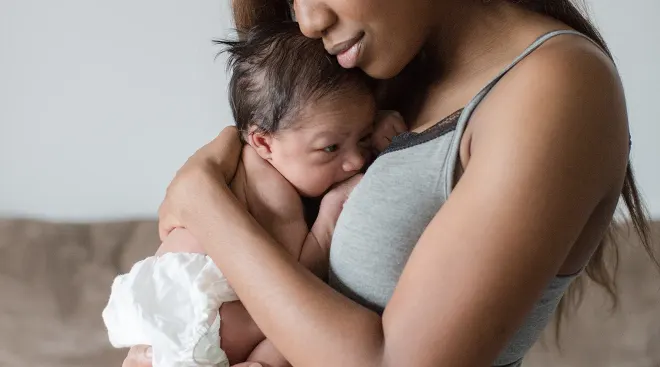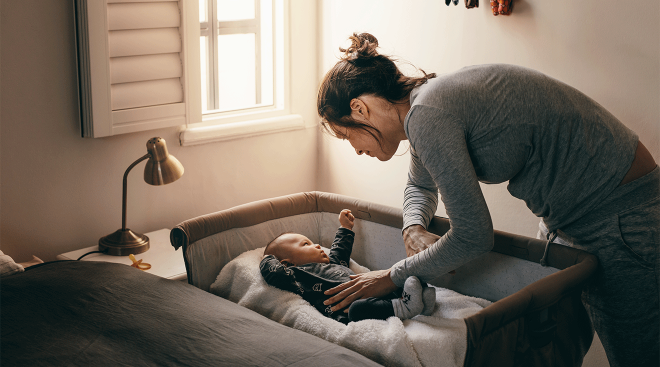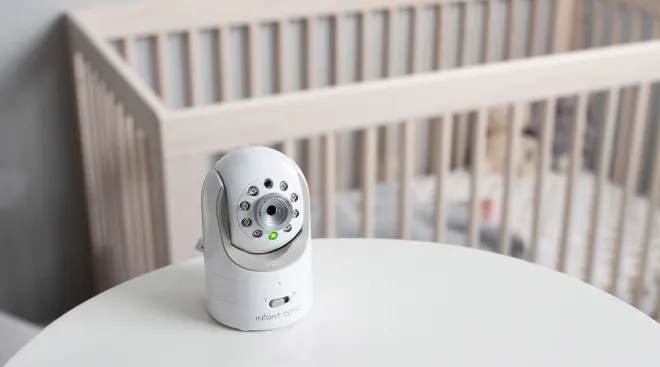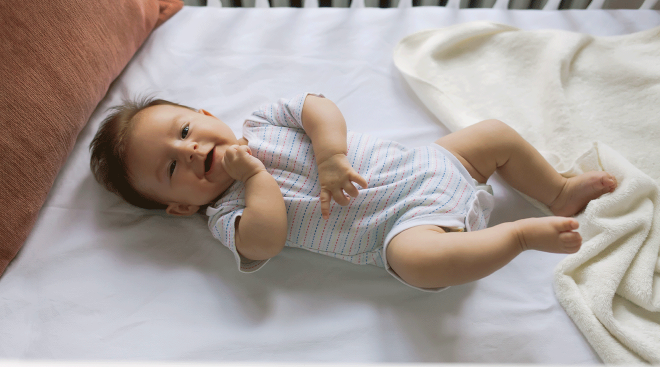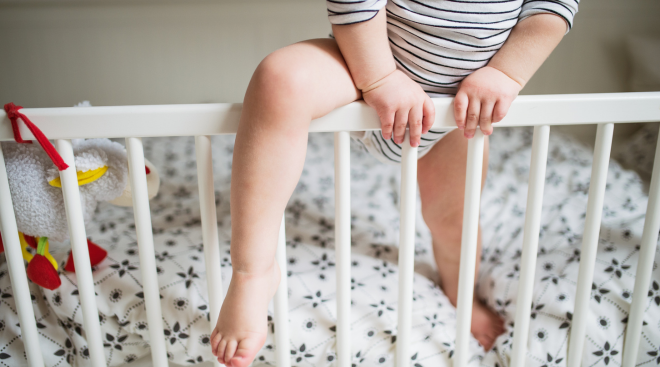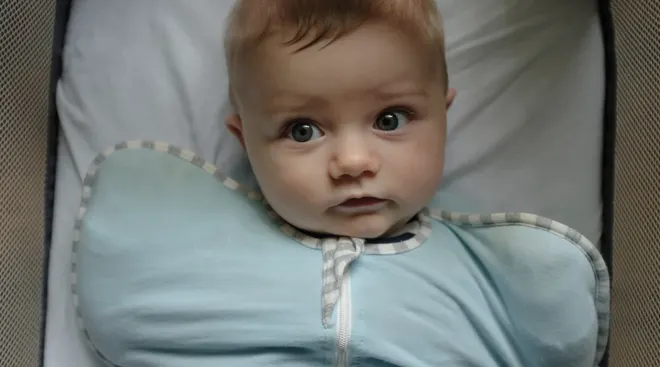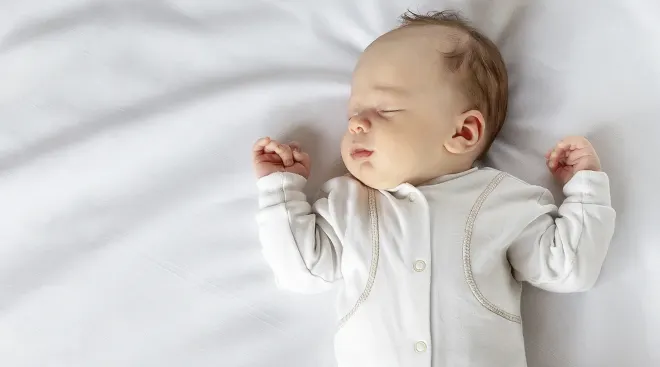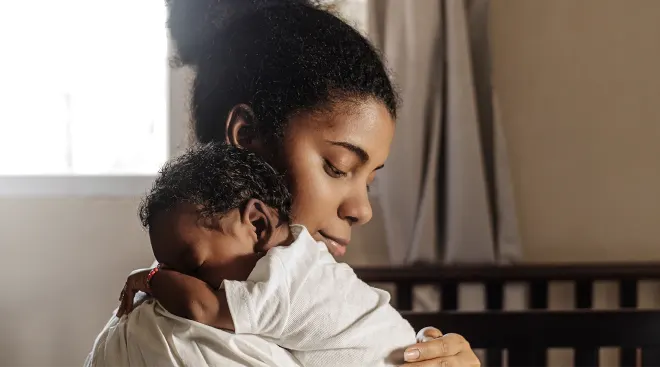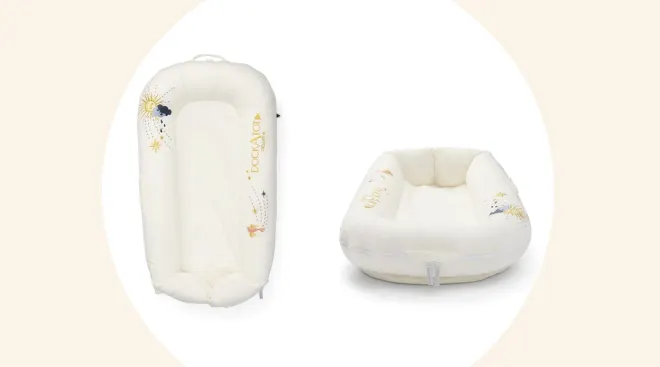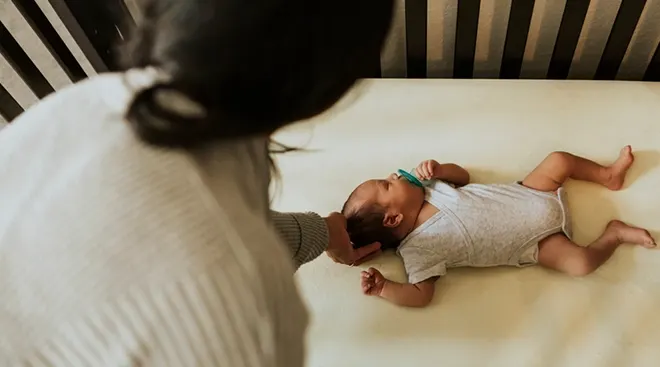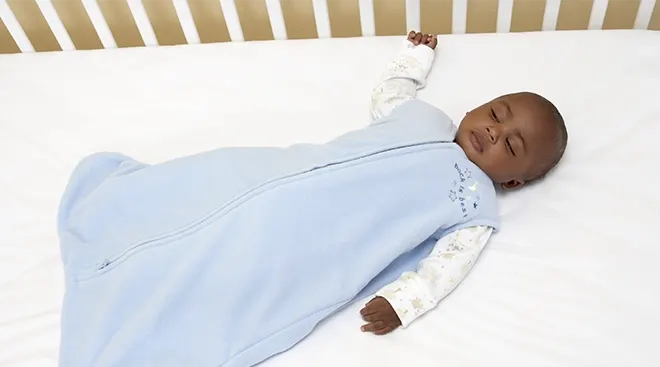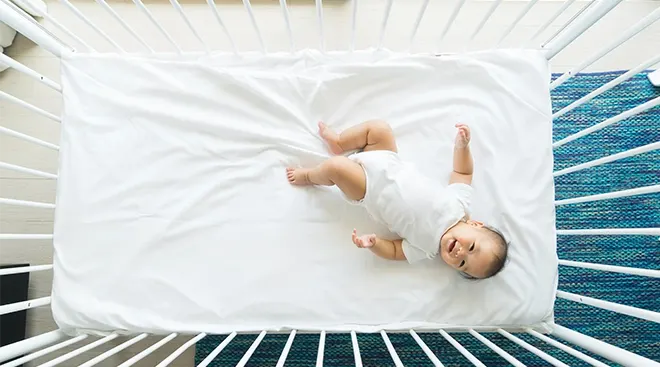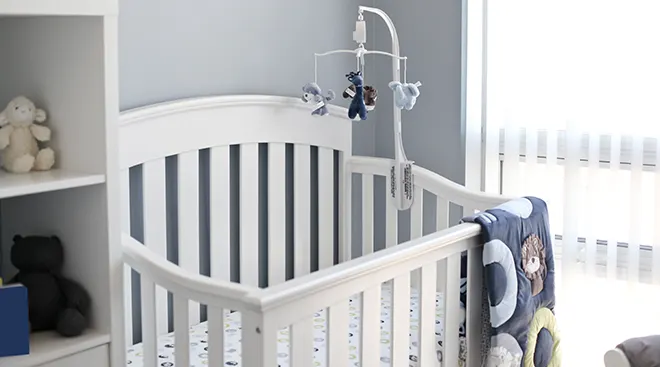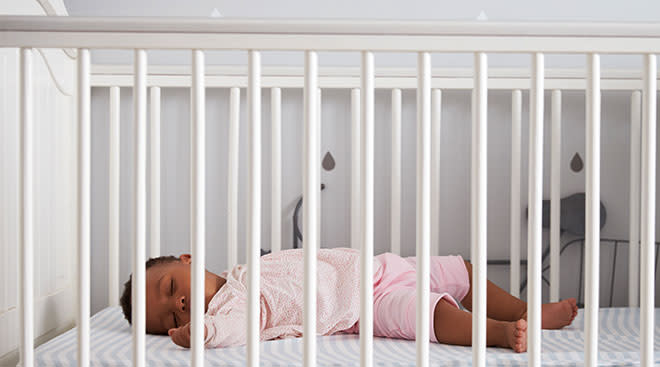SIDS Risk Is Higher for Children in Certain States
Sudden Unexpected Infant Death (SUID), when a baby unexpectedly dies within the first year either during sleep, because of accidental suffocation, or for unknown reasons, is every parent’s worst nightmare (Yes, SIDS falls under SUID). It’s rare, affecting only about 0.09 percent of US infants, but that stat is not uniform across the country. Health officials believe they have now identified one potential pattern—the state where the baby was born.
“Despite continued updates and refinements to the American Academy of Pediatrics’ safe sleep recommendations, declines in have slowed since 1999,” Alexa Erck Lambert, who is with the maternal and infant health branch of the US Centers for Disease Control and Prevention’s division of reproductive health and served as the lead researcher on the study, told HealthDay. “Our analysis also found that trends in vary by state. Although some states have experienced notable declines, wide variations in rates by state still exist.”
By analyzing both national and state-specific SUID rates from 1990-2005, researchers were able to determine that SUID rates declined from 0.15 percent in 1990 to 0.09 in 2015. They also noticed that the SUID rates varied widely among different states—anywhere from 0.04 percent to 0.18 percent in 2000-2002, and from 0.03 percent to 0.2 percent between 2013 and 2015. Overall California, Colorado, the District of Columbia, Florida, Kansas, Missouri, New York, Oregon, Washington and Wisconsin saw the greatest decline. Alaska, Arkansas, Alabama, Kentucky and Louisiana had the highest rates, with significant increases occurring between 2000-2002 and 2013-2015.
While researchers can’t say for sure why these variances happen—“The reasons for the trends are outside the scope of this study and impossible to tease out from vital statistics data,” Erick Lambert said—at least one specialist has suggested that certain lifestyle and infrastructure factors within each state may contribute.
“All five of the states with the highest and increasing rates also have some of the highest rates of smoking,” Dr. Rebecca Carlin, a pediatrician at Children’s Health Center Hospital in Washington, DC, and co-author of an editorial that accompanied the study, said. “Whereas only one of the nine states with the biggest fall in rates had as high a rate of tobacco use.”
Carlin also pointed out that laws around training childcare providers on infant safety, health insurance coverage and rates and racial demographics may be at play.
“There are also racial differences in rates, with American Indian and Alaskan Native and non-Hispanic African American infants having the highest rates, and Hispanic American and Asian American infants having the lowest rates,” she said.
For future prevention, Carlin said health officials should invest more in things like home-visit programs and other initiatives that could help educate more parents on safe sleep.
“In the US as a whole, but particularly in states where the number of deaths are increasing, we need to invest in programs to effectively decrease smoking and substance use, increase prenatal care and promote safe sleep environments in order to better protect infants,” she said.
Until then, here are some other ways you can potentially reduce your baby’s risk of SUID.
Please note: The Bump and the materials and information it contains are not intended to, and do not constitute, medical or other health advice or diagnosis and should not be used as such. You should always consult with a qualified physician or health professional about your specific circumstances.
Navigate forward to interact with the calendar and select a date. Press the question mark key to get the keyboard shortcuts for changing dates.
































